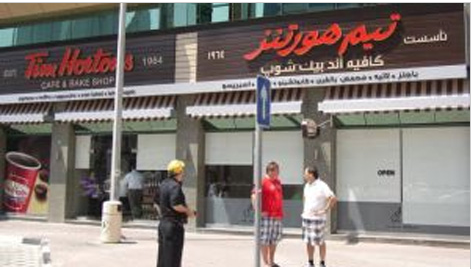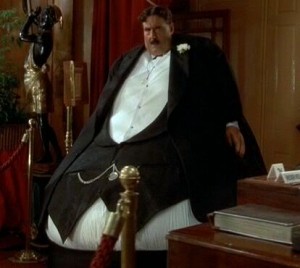
After our class based on social enterprise and hearing all the details about Grameen Bank, I gained (slightly) some hope that together, with good intentions, we could rid poverty in this world very quickly and “sustainably”.
“Give a man a fish, you feed him for a day. Teach a man to fish, and you feed him for a lifetime” which I feel Grameen Bank values a based around. Especially when 94% of their cliental are women. It’s been proven that providing women with resources to create a sustainable income, they are much more successful than men. Being a guy, I am not even for a second offended, because quite frankly, I believe it. I remember hearing a story about a man quickly buying some oranges to show off to his friends after getting a micro loan. A woman would rather invest that money, and with some hard work, generate an income to feed her family.
A social enterprise definitely puts America’s economy to shame when it comes to virtue. With powerful corporations and banks essentially running the country, all values and dignity are lost. People are not considered humans, rather dependant consumers that have no other choice but to shop at Walmart and get their medicine from Walgreens. Maybe one day these corporations will learn a thing or two from people like Mohammad Yunus and make a positive change in the world.
Information taken from BBC World Service article based on Grameen Bank.
Click here for BBC World’s article
Picture of Mohammad Yunus taken from grameen.com







